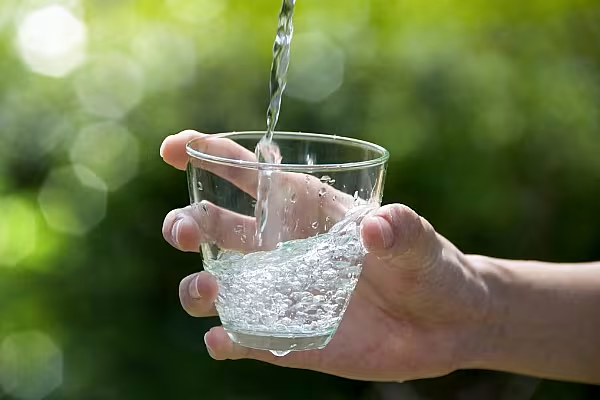Drinking water could become noticeably more expensive in several regions of Germany due to high levels of nitrate in the groundwater, according to Umwelt Bundesamt (UBA), the German Federal Environmental Agency.
Over 27% of all groundwater in Germany currently exceeds the set nitrate limit of 50 mg/l. If the level does not decrease soon, expensive treatment methods will have to be put into action.
The costs for drinking water could rise to 76 cents per cubic metre, which corresponds to a price increase of 32%-45%, a recent UBA study found.
Measures Taken
Various measures have already been taken, including the introduction of a material-balance regulation, which was adopted at the beginning of 2017.
“With the new regulations in the Fertiliser Ordinance, long-overdue steps have been taken,” said Maria Krautzberger, president of the UBA.
“Hopefully, these steps will reduce the nitrate level in the ground, so customers do not have to pay for expensive processing. If the nitrate level doesn’t decrease, further and stricter conditions for agriculture will have to be implemented.”
Areas that are used intensively for agricultural purposes record an extremely high level of nitrate in the ground due to fertilisers used for growing plants. Suppliers are already trying to protect the water with different measures, such as moving wells or mixing contaminated with uncontaminated water.
Expensive Procedures
However, these methods might not be sufficient to keep nitrate levels low in the future. A UBA study found that, in some areas, the water might have to be cleaned further.
The method used will be determined by local factors, such as the existing nitrate level or the amount of water to be treated. However, all methods could cost consumers an additional €580 million to €767 million per year, according to the UBA.
© 2017 European Supermarket Magazine – your source for the latest retail news. Article by Larissa Zimmer. Click subscribe to sign up to ESM: The European Supermarket Magazine.











